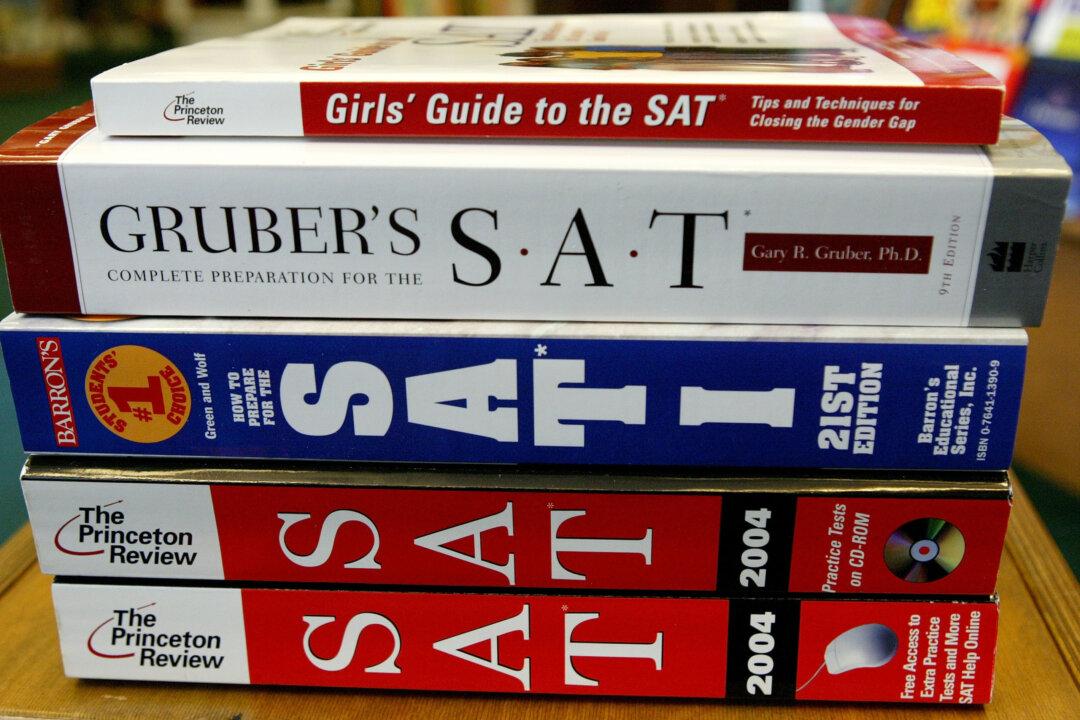Anxiety over the future of SATs and ACTs is taking its toll not only on the nerves of prospective students of University of California (UC) schools, but on makers of the admissions tests—and a task force that is reviewing them.
Last year, at the request of UC President Janet Napolitano, the special faculty Standardized Testing Task Force was formed to “examine the current use of standardized testing for UC admission.” Its mission is to “review the testing principles developed in 2002 and revised in 2010, and determine whether any changes in admission testing policies or practices are necessary.”





